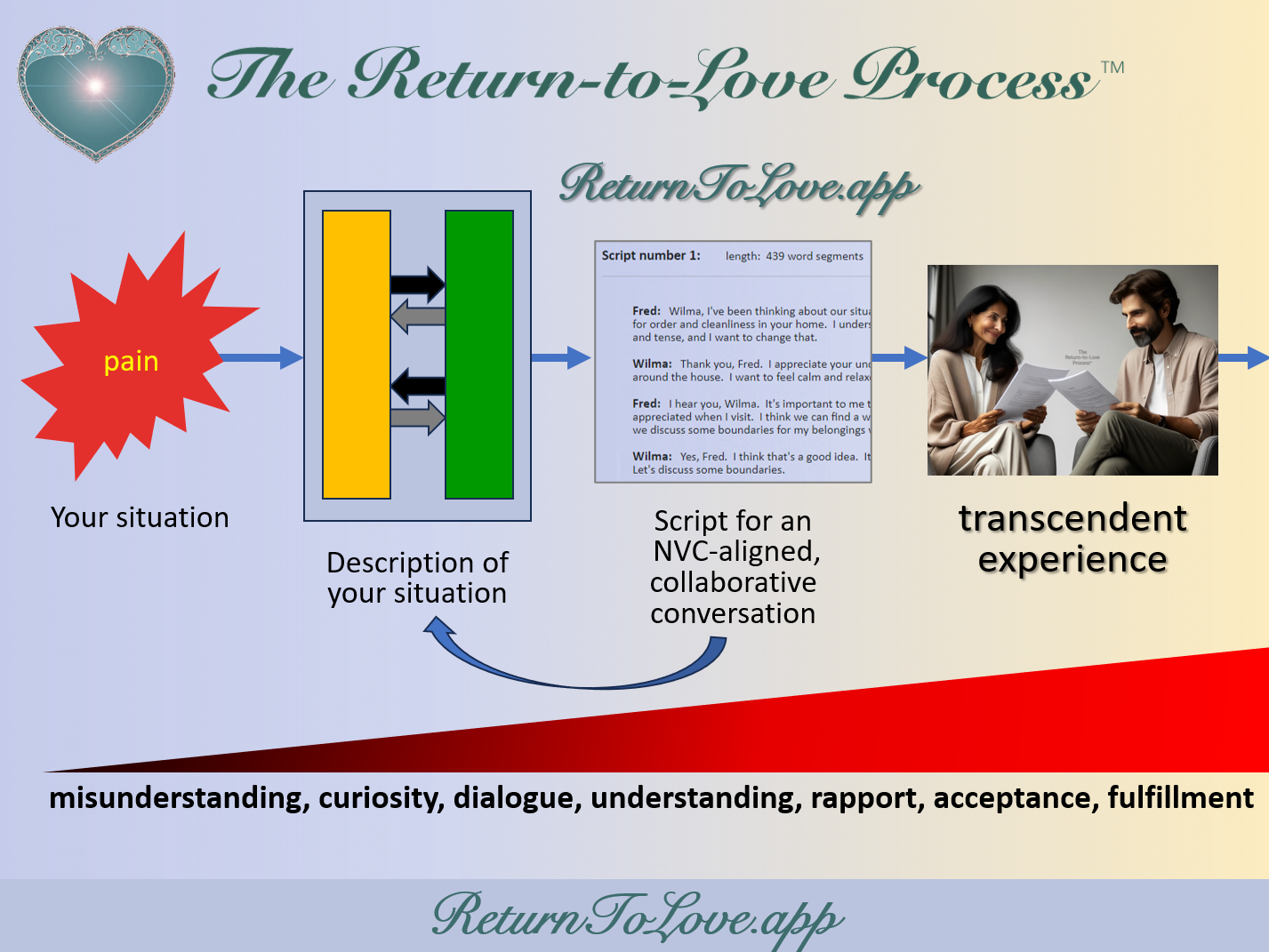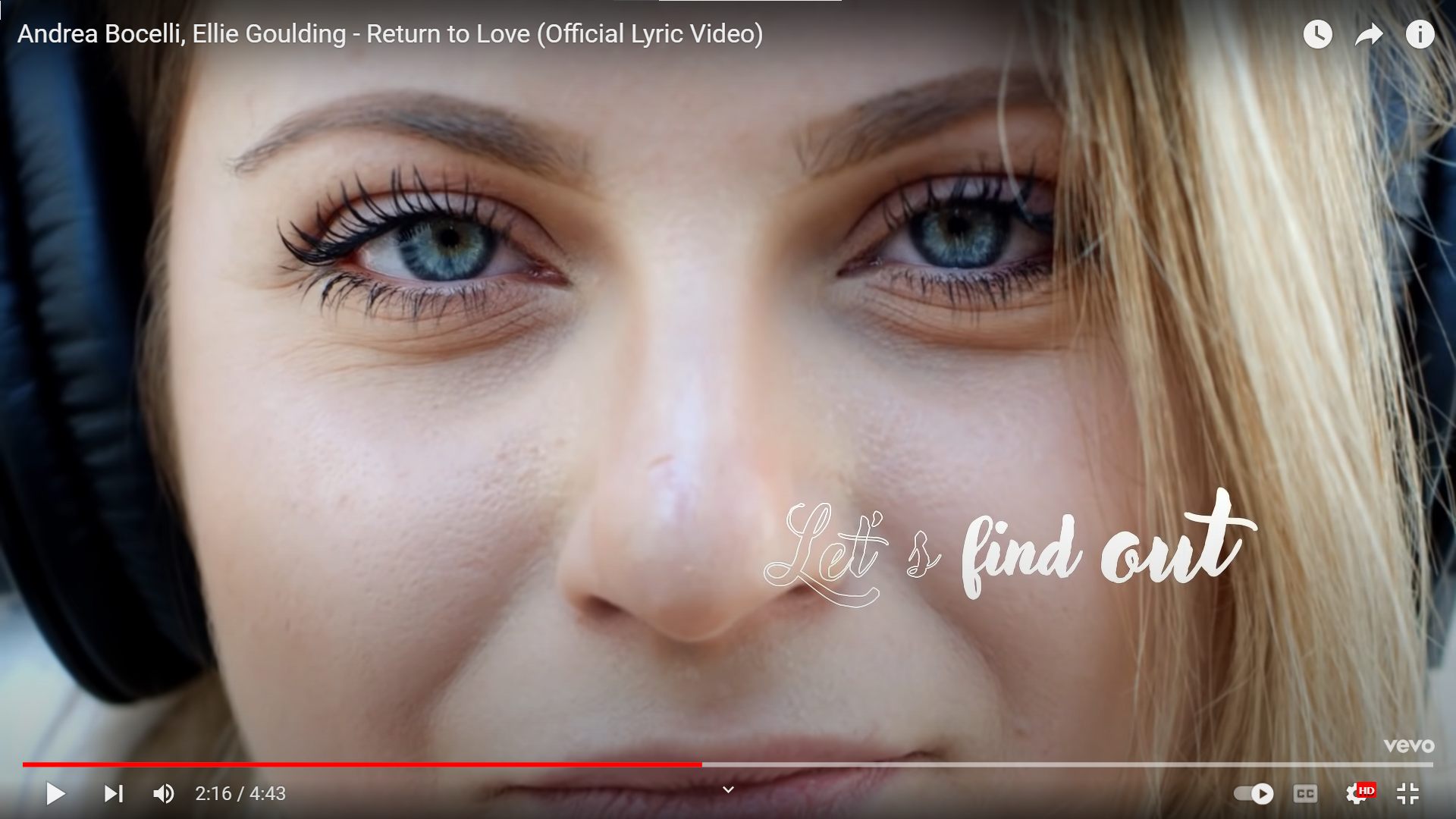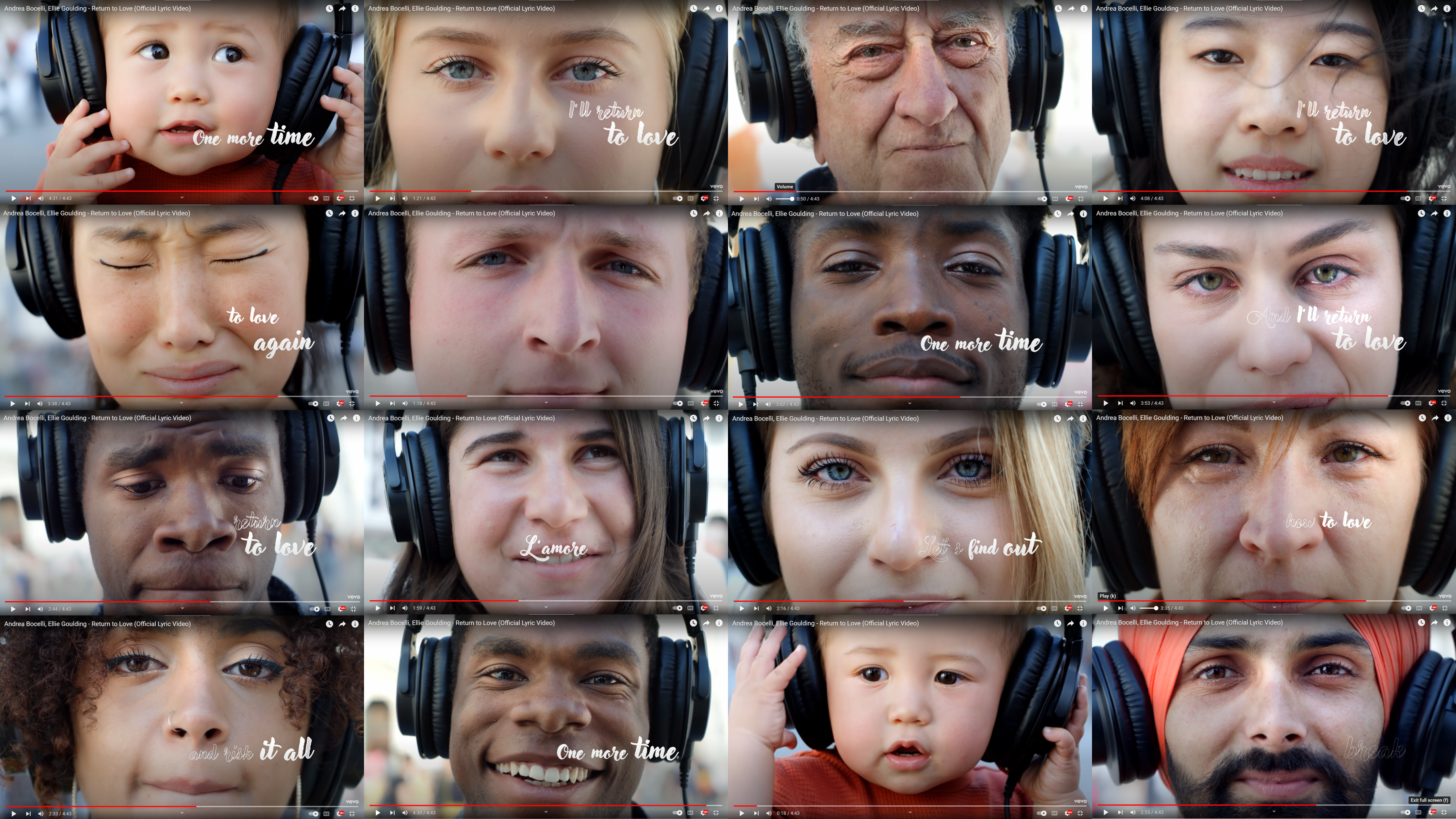|
|
||||||||||||||||

RapportTalk facilitates satisfying experiences with healthy, connection-focused communication.
|
||||||||||||||||
The RapportTalk Toolkit
Practice Emotional Intelligence provides learning opportunities to improve your communication skills
and deepen trust in your relationships.
As you learn, you can record a monologue about a relationship situation you're experiencing
or a dialogue with your conversation partner and request
an immediate, semantic evaluation report about the emotional intelligence
exhibited in what you said in your recorded audio (with a transcript).
This neutral, practical feedback is refreshing and helpful in improving your communication skills.
In Practice Emotional Intelligence,
you'll see a brief video or read a text article about emotional intelligence in a significant relationship context.
You can record your voice (or a two-person conversation) to practice sharing your experience — how you feel and what experiences are most important to you in your situation.
You'll receive a transcript of what you said and a list of
"empathy guesses" — that is, the algorithm will name the emotions it recognized in how you expressed yourself.
(Empathy guesses come from Hume.AI's Expression-Measurement Service.)
You can request an immediate, semantic evaluation report on the emotional intelligence exhibited in what you said.
We find this is like having a fair witness who can listen and understand your emotional energy
without judgment.
In Conversation with "Chad",
you dialogue with "Chad" about your challenging relationship situation.
Chad acts like a mentor for practicing emotional intelligence in that situation with your conversation partner.
During your conversation, Chad offers observations and raises questions that exercise your
self-awareness and emotional intelligence.
powered by
generative emotional intelligence™ (GenEI)
Here's how you dialogue with "Chad":
- You tell "Chad" about a relationship situation you're experiencing.
- Chad replies with a few observations and questions.
- You sit with what Chad has said, then you answer back with your truth.
- You'll be surprised to see where this goes if you're open and honest with Chad.
- Each of Chad's responses offers a [ Show more ] button.
Clicking [ Show more ] displays observations or questions that go a level deeper. - At some point in your conversation, Chad may understand your relationship and situation well enough
to offer you a script for a collaborative conversation with your practice partner.
Your Return-to-Love script may facilitate a transformative experience into mutual understanding and empathy ... as others have experienced with surprise and delight.
At your request, the Return-to-Love Process™ delivers custom, scripted conversations for you and your partner to enact.
These kind, truthful scripts help facilitate transcendent experiences in your most meaningful relationships.
Our small team of experts in collaborative conversation has trained our language model with generative emotional intelligence™ (GenEI). A scripted conversation with your partner addresses your specific situation and supports the evolution of your relationship over rough terrain.
For examples of other people's relationship situations, experiences, and conversations, see Browse Situation Examples.
Our 5-minute video describes the Return-to-Love Process™ and what may be waiting there for you.
The Return-to-Love Process improves any type of relationship. It's astounding how helpful this process can be for couples and family members.
During the introductory period, I'm directly accessible by e-mail
to guide you through a satisfying experience.
Let's do a Zoom session!
— Daniel Clary Webb, producer
Let's do a Zoom session!
— Daniel Clary Webb, producer
Want to go deeper before experiencing the process with "Chad" or a conversation partner? |
||
You'll find a link to this page, "Welcome to RapportTalk!", in the  menu at the top-left of every page. menu at the top-left of every page.
|

 >
>









